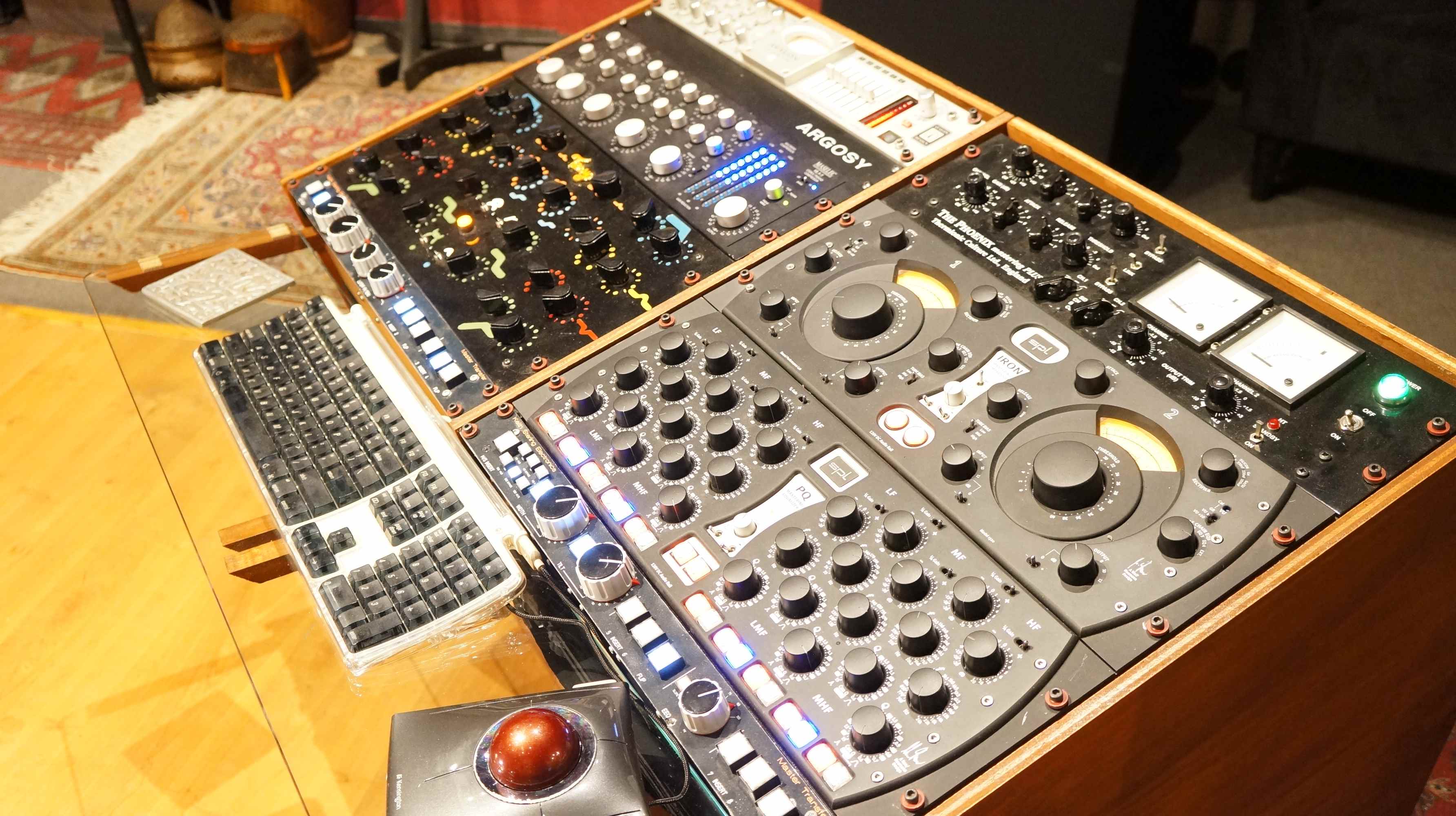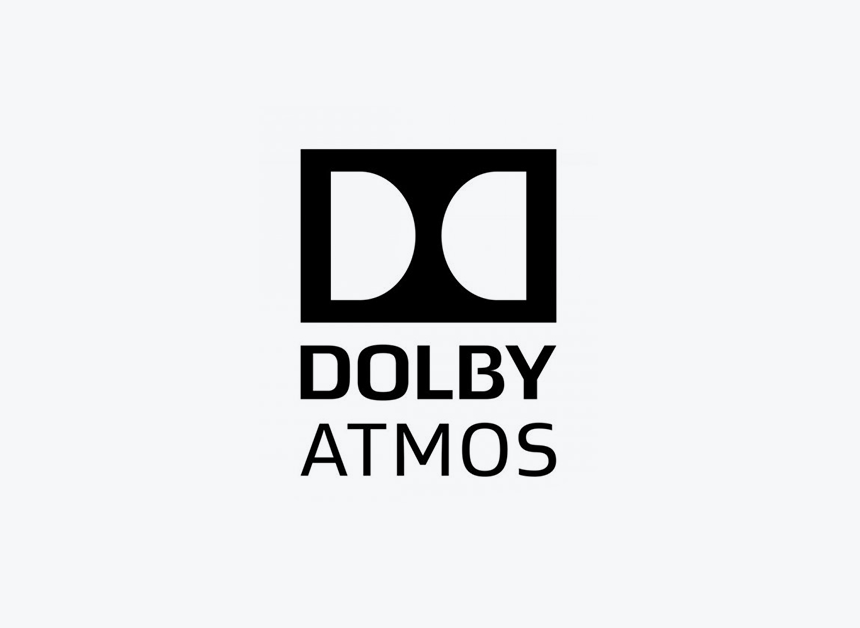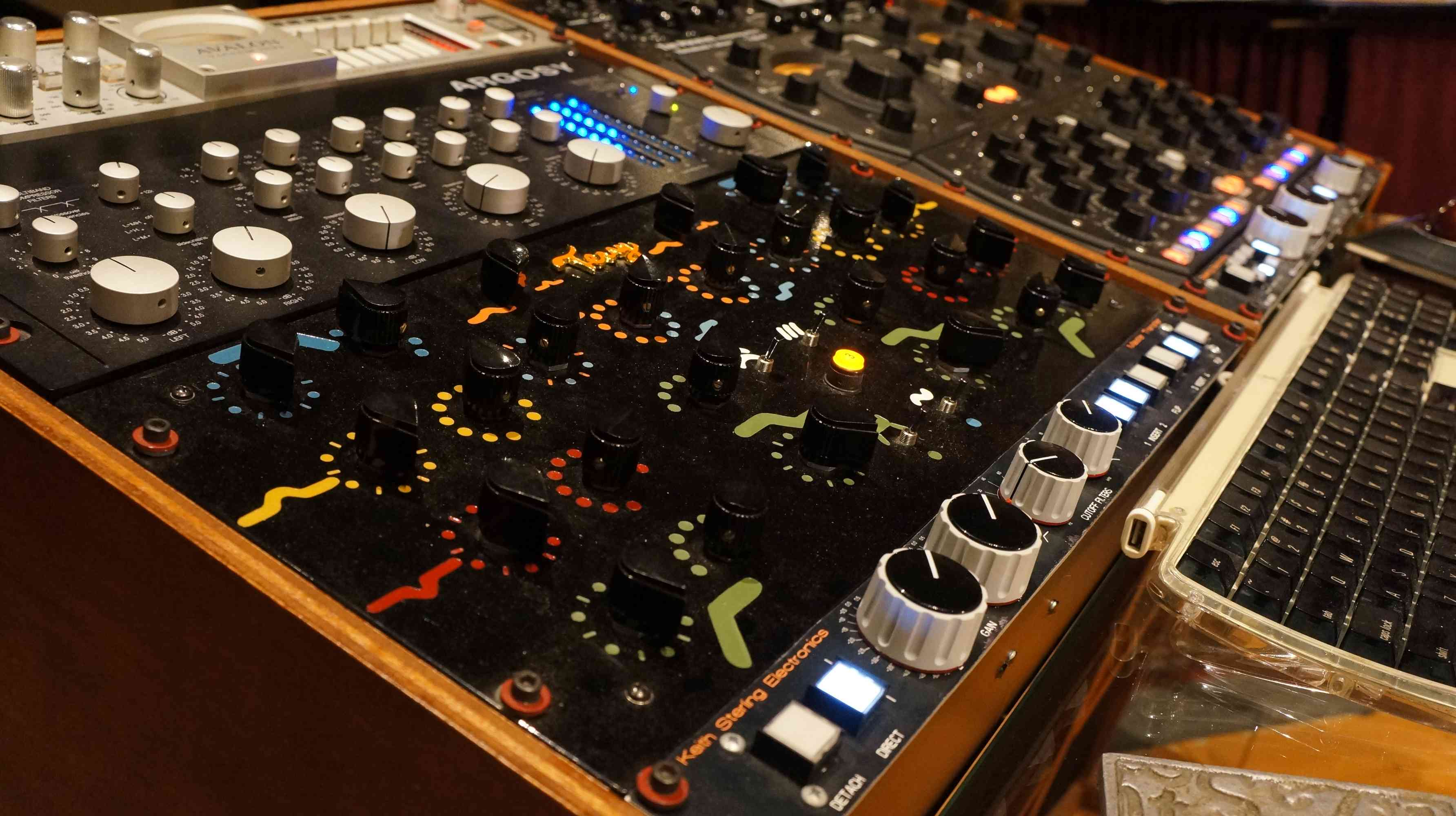Q: Why should I hire MMM to master my recording?
A: Mastering is union of two sub-disciplines, one creative, and one technical. The first step is the creative application of appropriate equalization, compression, saturation and limiting to enhance the euphonics, translation and impact of your music. The technical second step involves level optimization for the intended distribution channel, whether that be streaming, vinyl, CD or broadcast, and then assembling relevant metadata, and formatting for distribution.
Q: Does MMM have experience with my style of music?
A: While we can't guarantee it before hearing it, with a combined three decades of experience we have worked with most of music's popular genres and thus there is a good chance that we have encountered something similar before. Our clients cover the musical spectrum from Pop, Rock, Alternative, Jazz, Blues, Country, Classical, EDM, Club, R&B, Hip Hop, Rap, Metal, Acoustic and Folk. From major name artists to local bands: you name it, we have worked on it.
Q: My engineer says he will master my record. Why should I use MMM?
A: Mastering is technically demanding, but it's not unattainably difficult. What it does require is experience. You or your engineer can do a functional mastering job using the many amazing software solutions like Izotope Ozone. But magic happens in inductive components that has yet to be modelled in software, and I believe that signals processed through purposefully designed analog gear bind more readily to the human heart and soul. Inductors and transformers create a "stickiness" in higher planes that causes signals to interweave into the very fabric of human consciousness, facilitating a life-lasting love for those tracks. I know it sounds totally goofy, but this is what I believe. (There are other reasons to come to us for mastering, but they are more mundane :-)
Q: What does MMM need from me to complete the mastering process?
A: I can work with whatever format you’re mixing to. If you’re mixing to a digital format you can bring a flash drive or use the File Upload tool on this site to send the files remotely. All formats are accepted – with a preference for high resolution interleaved WAV or AIFF formats. If you have unusual track overlaps or offsets it is helpful to furnish an ordered album mockup for us to reference during final assembly. Other information such as Artist / Group Name, Album Title, Song Titles and Sequence, crossfades, timing between songs, hidden tracks, inter-song ID marks, ISRC codes etc, can be entered on the track sheet and uploaded to your account.
Q: The CD I burned does not show titles on my computer. Can MMM help?
A: Yes we still make CDs! Media players like Apple's Music app and Windows Media Player access on-line databases (for example Gracenote DB) that store information for millions of commercial CDs. After mastering is finalized and you sign off on the project we can upload your artist and album information at your request so anyone who buys your CD will see the titles on their own computer. Of course we embed CD TEXT by default so artist and track names will always display in your car.
Q: What is an ISRC and do I need it?
A: The International Standard Recording Code is a 12 character alphanumeric code that uniquely identifies each recording for digital distribution. Your label or distributor can help you get this code and I can include it on your finished master. ISRC codes can also be obtained directly from RIAA for a one time administrative fee ($95 at this moment). For more go here: http://usisrc.org/
ISRC codes are not required to use our services, but they are necessary for tracking your royalties on Spotify and other streaming services as well as distributors. They are also embedded in the PQ-data encoded in your DDP (cd replication master).
Q: Do you master for vinyl? Is my CD or streaming master vinyl-compatible?
A: If you plan to release your music on vinyl please let us know by checking the "Vinyl Compatibility" box in the MMM Track Sheet. We will double check that your master won't violate any of the electro-mechanical playback rules that are unique to records. and if necessary we will create a dedicated master with sibilance and other high frequency elements well under control, a vinyl appropriate amount of limiting, and enforced mono-ing of out of phase low frequencies.
Q: What if I would like to request changes?
A: We believe that making music is an collaborative, interactive process between all team members and we welcome feedback and revision suggestions. We include one revision for each song, and one revision to the DDP. You may purchase extra revisions as needed. New mixes are treated as new masters and require a separate purchase.


